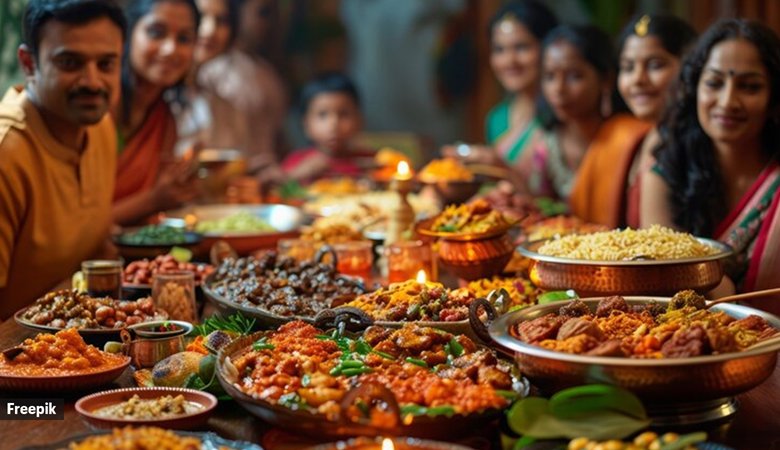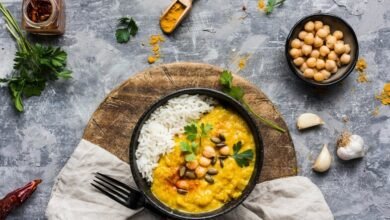Do Indians make poor dietary choices?

News Mania Desk/ Piyal Chatterjee / 11th September 2024
All the essential nutrients needed for the body to produce energy for normal operation are found in a balanced diet. Our dietary decisions provide us with the energy our bodies need to perform their daily tasks. Our diets should include all the necessary elements, whether they come from plant-based diets or animal protein. The body needs all of these nutrients—protein, carbs, good fats, vitamins, and minerals, among others.
The Indian Council for Medical Research (ICMR) and the National Institute for Nutrition established the Dietary Guidelines for Indians 2024, which propose specified quantities for healthy eating for a 2000 Kcal Indian diet per day. The standards state that half of a plate of food should be made up of fruits and vegetables. Cereals, millets, pulses, meat dishes, eggs, nuts, oilseeds, milk, and curd should make up the remaining half.
On the other hand, people in India prefer to eat fewer foods high in micronutrients, like fresh produce, whole grains, and pulses, based on the dietary patterns that have been observed. Another long-standing tendency among people is overindulging in cereal. According to the standards, cereals can provide up to 45% of the daily energy required; the remaining energy should be obtained from less carbohydrate-rich foods.
The chronically poor eating habits of Indians were also noted by the ICMR and NIN guidelines; ultraprocessed meals that are heavy in sugar, salt, and fat can aggravate existing health issues. Micronutrient deficits and obesity rates are further exacerbated by this bad eating pattern and sedentary lifestyle. The study also looked at how aggressive marketing influences people’s dietary habits, leading them to choose less nutritious options for their plates. High levels of sugar, sodium, and saturated fats in food and drink can be harmful to one’s health.






